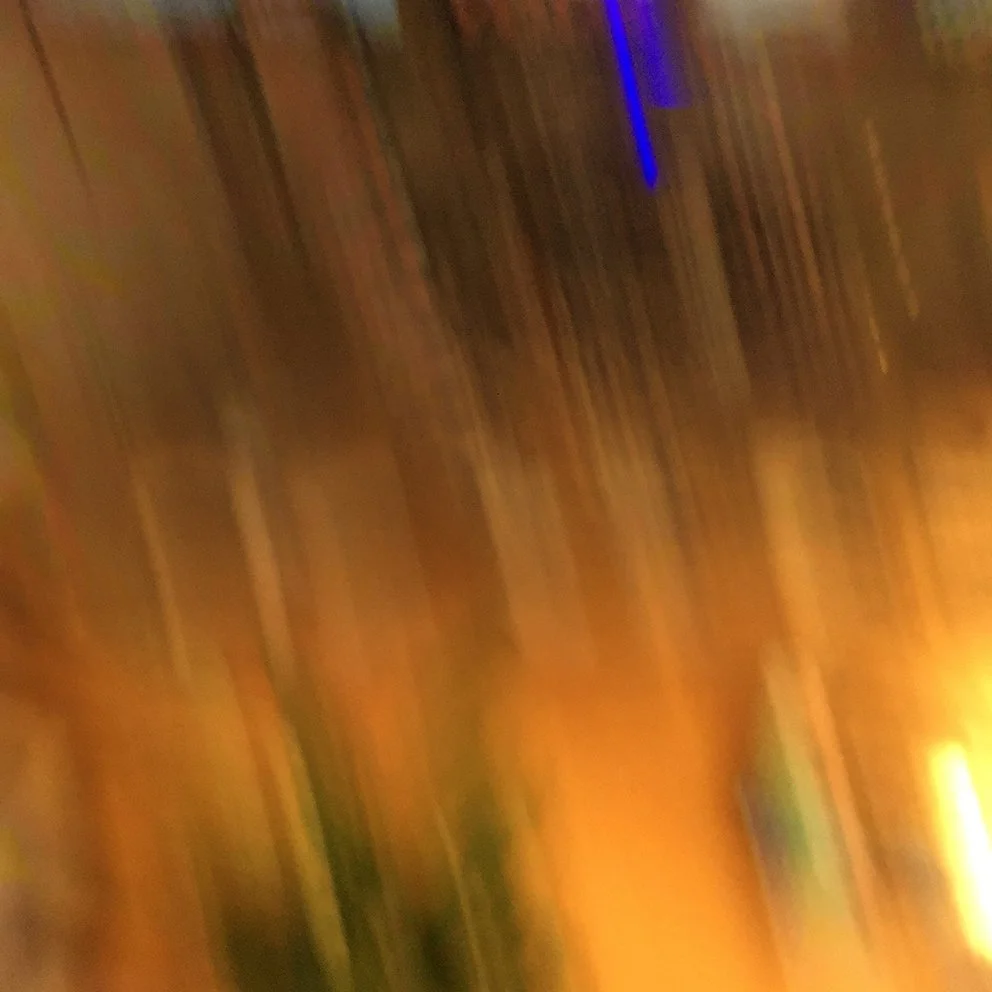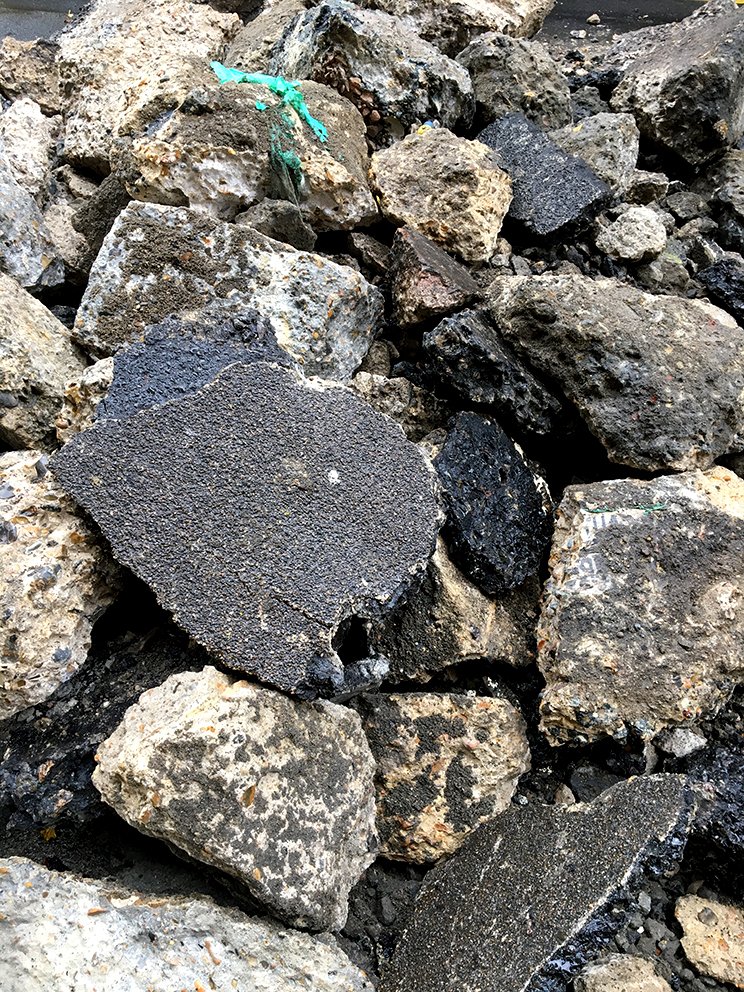Uh oh now I’m in trouble, I’d forgotten my interest in Quantum physics - that it also entertains the binary disruption by permitting both to be possible at the same time. And yet why do I separate my art and physics - psychologically I compartmentalise them, yet they are one and the same.
I discovered a short video on programming a Quantum Qubit and how it models the existence of non binary states. I don’t know how much I can get into this as its counter to my preferred ways of thinking - I’m not mathematical or science inclined so it’s a push.
Libby Heaney is an award winning, London based artist with an unusual background. She holds a PhD and worked as a researcher in quantum physics - a discipline Einstein called “spooky” and Penrose said “makes absolutely no sense”.
Now resident at Somerset House Studios in London, Heaney creates sticky entanglements between moving image, performance, installation, sculpture and print, usually combining these with advanced technologies such as machine learning, game engines & quantum computing - a new type of computer that processes information based on the weird laws of quantum physics.
Now this get’s interesting for me because it begins to draw the key areas I’m interested around Derrida - difference, Khora and kinetics out of academic theory into science and the physical world. She discusses removing the emphasis from the individual as modelled in modern western philosophy into a deep interconnectivity. To the point that with entanglement of atoms, photons they become impossibly connected and loose their individuality, so deeply connected - that if you try to remove an individual out it destroys the system.
She says that reality isn’t about individuality but relationality.
Again I feel the sense of the kinetic and the Khora. Somehow there is a remodelling of priorities down to a quantum level. What we count as the logic blocks of our existence are deconstructed and represented.






















